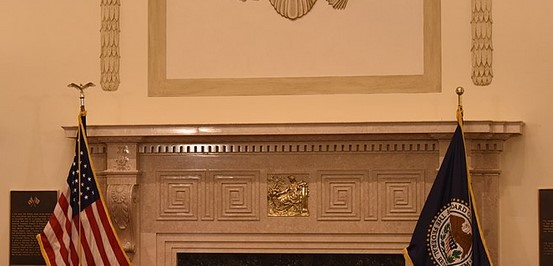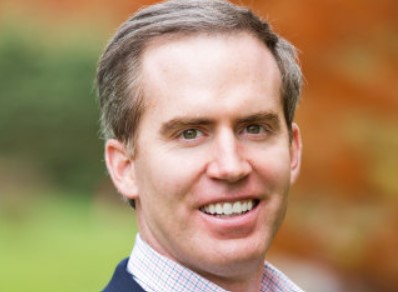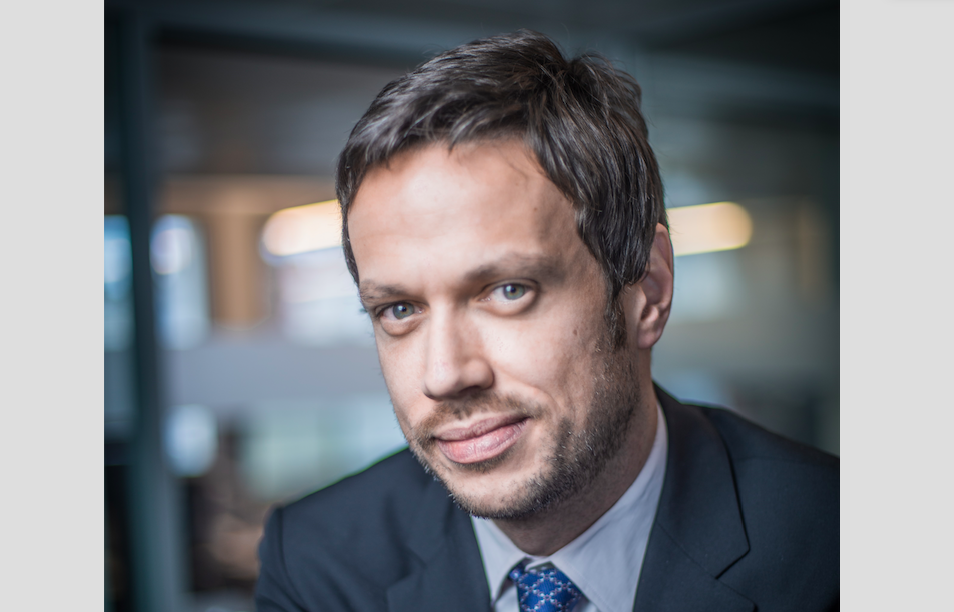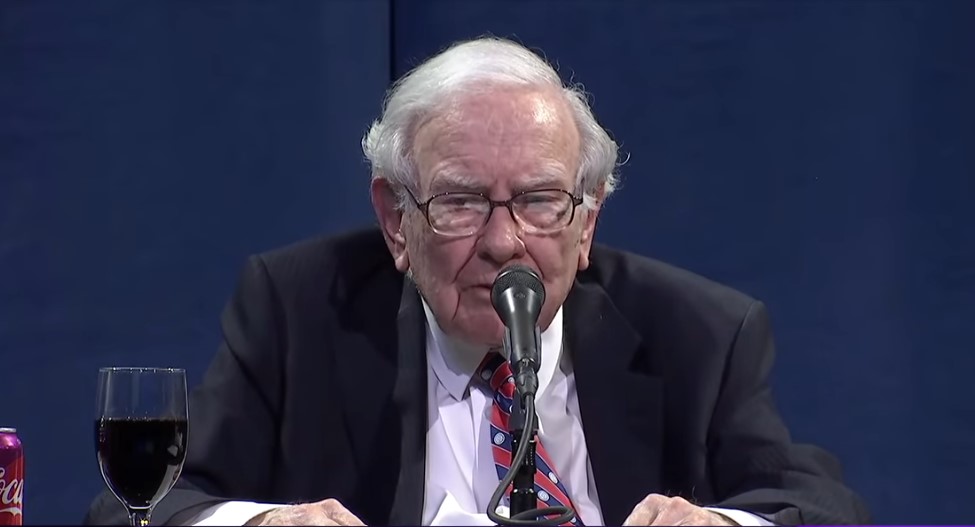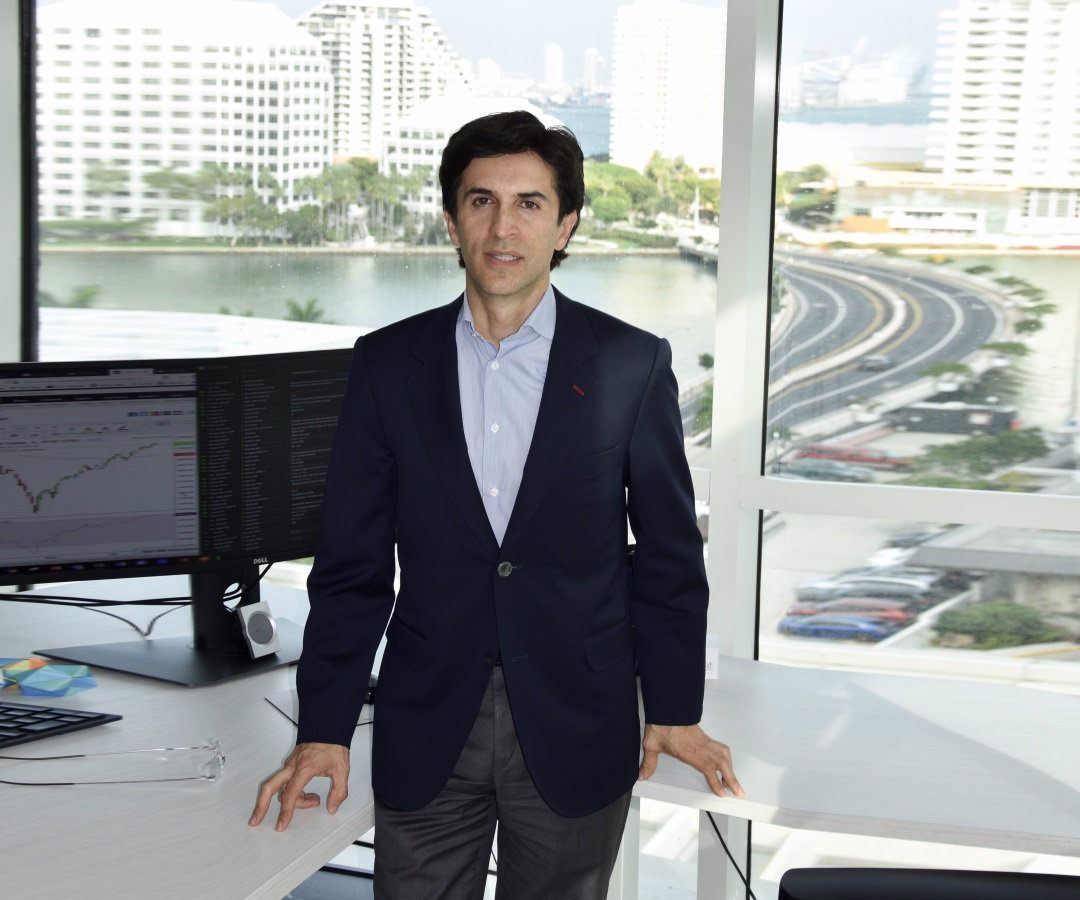Investors Continue to Rely on Alternative Assets for Their Long-Term Strategies
| For Beatriz Zúñiga | 0 Comentarios

COVID-19 is having a sizeable impact on the business operations of both fund managers and investors, according to Preqin’s latest release, disruption caused by travel restrictions and social distancing will lead to dampened activity through the remainder of 2020, and possibly into 2021. However, they believe that alternatives funds proved to be resilient in previous cycles, and in the longer term, investors seem set to increase their allocations as a result of the pandemic, accelerating future AUM growth.
“A dispassionate analysis based on previous financial crises would suggest that we will see three major outcomes for alternative assets,” said Preqin CEO, Mark O’Hare. “A significant short-term slowdown in activity; a medium-term resumption of the established growth trend; and a long-term outperformance of those funds which were able to capitalize on advantages being presented now. We are already seeing this start to be borne out, with activity in 2020 down from previous years and operators telling us they expect this to characterize the year ahead. Overall, it’s unlikely that COVID-19 will fundamentally alter investors’ attitudes to alternatives, but it may well accelerate some long-term trends and moderate others.”
The alternatives industry is not a single entity, and within each asset class the pandemic is likely to be felt to different degrees and in different ways. Preqin has been surveying and interviewing fund managers and investors across the industry, looking at 2020’s activity so far, and drawing comparisons with previous financial cycles. For this edition, the firm notes:
- Private Equity: Accelerating Digital Transformation. Private equity firms have almost $1.5tn in dry powder to deploy into deal opportunities, so they are well-placed to take advantage of opportunities presented by a downturn. However, in the short-term the reality of social distancing will hamper deal closing. Retail, leisure and hospitality assets are set to be hit hard, although supermarket retail specifically will benefit. Digital technologies will benefit, particularly in non-cyclical sectors like healthtech and remote working – accelerating interest in already-growing areas.
- Private Debt: The Difficult Second Album. The 2008 Global Financial Crisis was the making of the modern private debt industry, putting the spotlight on distressed debt funds and spawning the direct lending sector. 2020 will see if the asset class can repeat that feat – interest in distressed debt has spiked in Q1, and more than a third of investors are now targeting the strategy. Direct lending, meanwhile, is untested in the face of a crisis, and COVID-19 may put a stumbling block in the path of the sector’s expansion.
- Real Estate: Logistical Opportunity. Rental income from businesses and private housing has seen a sharp drop since the start of March, impacting the short-term cash flow of real estate fund managers. Deal activity is likely to be particularly depressed through the rest of 2020, given the practical challenges in evaluating properties. In the longer term, COVID-19 will exacerbate the challenges already faced in the retail sector, and may deflate the market for city-center offices. Demand for logistics assets, though, is likely to spike – last-mile delivery has emerged as a particular opportunity for expansion.
- Real Assets: Do Not Pass Go. Toll-based assets and travel-related assets have been hit hard by travel restrictions, with the impact increasing the longer that restrictions are in place. Government-backed bailouts in the travel and shipping sectors are currently aimed at operators rather than asset-owners, so recompense is uncertain. Conversely, social and digital infrastructure have significant growth opportunities as demand for healthcare infrastructure and broadband networks rises. Oil price volatility continues to disrupt the natural resources industry, and more than a quarter of investors are avoiding conventional energy investments in 2020 as a result.
- Hedge Funds: Time to Shine. Losses in Q1 2020 wiped out gains made by hedge funds in 2019. But the asset class did act to protect investors from worse downturns in equity markets, showing their value as a defensive strategy. This may reverse recent negative sentiment from investors as the downturn extends. However, it will also likely lead to a flight to safety, benefiting large managers and prompting more consolidation in the sector. New launches will fall as new managers are deterred from raising vehicles to seek investment. Strategy-wise, equities funds are more likely to see outflows, while macro and multi-strategy funds could benefit on the basis of their defensive credentials.

